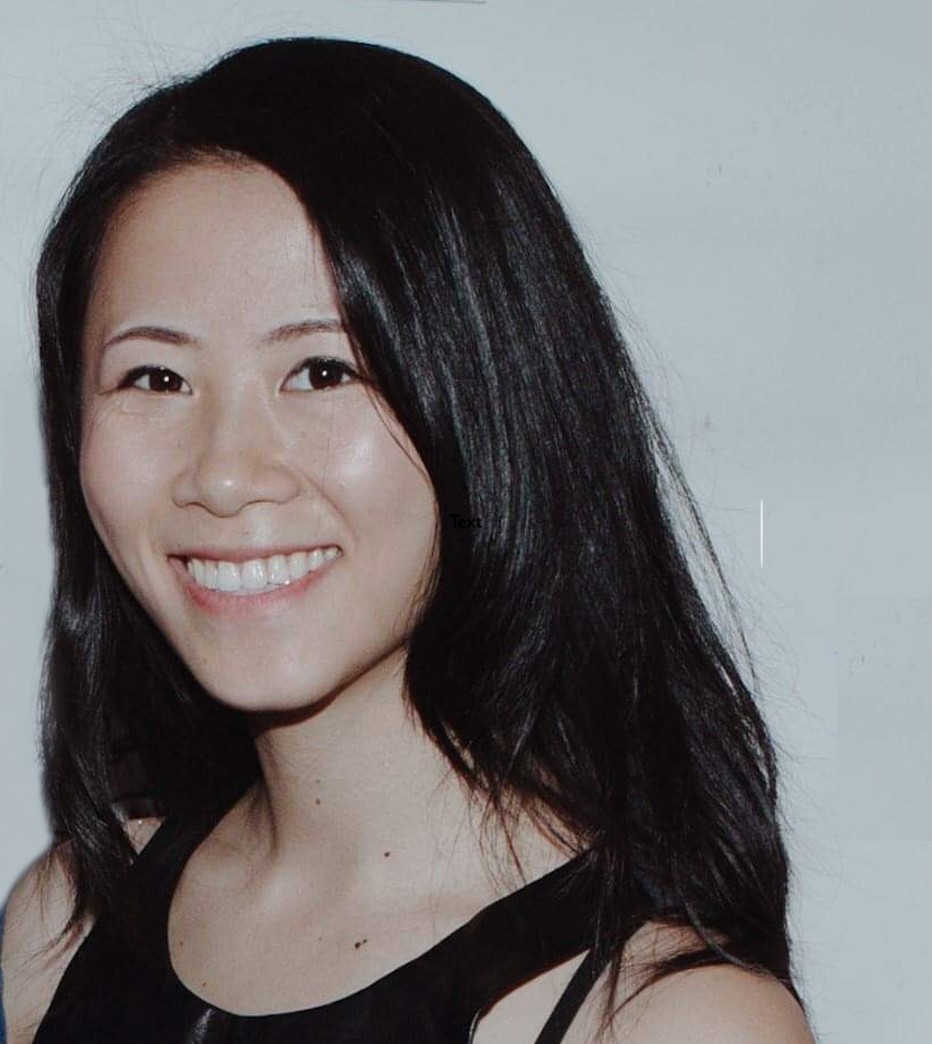How do I write a BANG OUT statement of purpose?

Helen Chiu , May 18, 2021
1. Know your A, B, Cs
Whether you are applying to medical, law, or business school, or any other type of graduate program, applications will likely ask students some form of the following question:
What experience do you have in this field, why do you wish to attend this program, and what goals do you hope to achieve upon graduation?
I call this the A, B, Cs of statements of purpose. A is what you have accomplished so far, C is what you hope to accomplish, and B—the graduate program—is the catalyst that gets you from A to C.
The essay itself does not need to be in this particular order. You might start at C, casting a vision of what you see yourself doing in five years’ time, before you jump over to A to discuss experiences that led you to this vision, and finally end with describing how B serves as the perfect launching pad to your goals.
However, no matter what order you tell your A, B, Cs, your statement of purpose should weave a tight thread that connects these three components as clearly as possible.
2. Let yourself soul search
Some people start the application process knowing exactly how their experiences culminated to their arriving at graduate school and how an advanced degree will help them accomplish their long-term career goals. They can cite specific resources, professors, and classes they hope to utilize in order to equip themselves for their next career move. Writing the statement of purpose is as easy as a walk in the park for them.
If you are anything like me, however, figuring our your A, B, Cs is not easy. In fact, it is hard, almost like describing the back of your hand to a stranger—it has always been there and it looks like most other people’s hands. And you might not know exactly what you want to accomplish with your degree, because you’re still figuring it out, but you want to head in that general direction.
It took me weeks and multiple drafts for my statement of purpose to take firm shape. This is part of the process. Allow yourself to brainstorm and, very importantly, free write. Do not edit at the beginning stages but write crappy first drafts. Keep mining your story and trust the process of drafting because you’ll eventually figure out your A, B, Cs and how to frame them in an essay.
If you get stuck or don’t know how to start, it’s helpful to reach out to a good writer friend, or someone like me, who can facilitate the drafting and revision process for you. An experienced editor will have a keen sense of what questions to ask and how to best frame your essay.
3. Avoid clichés if possible
Have you heard of something like this?
“When I was a little girl, my grandmother got sick. It was terrible for the family. We all mourned, and it developed my interest medicine. I have wanted to become a doctor ever since. My goal in life is to treat patients and comfort families like the doctors who cared for my grandmother.”
As noble and true as this may be for many med school applicants, this narrative is so common that it has become a cliché. It isn’t that a loved one’s death or serious illness should not underlie an applicant’s interest in medicine; but for admissions readers who review thousands of applications every year, they grow desensitized to common narratives. It doesn’t help an applicant stand out from all the others who want to be a doctor for similar reasons.
You must strike the balance between telling an authentic story and being mindful of your audience. There are artful ways to tell common narratives so they strike a chord, but I typically recommend against them since you run the risk of disengaging your readers early on.
This is why the soul searching process of free writing is important. You give yourself space to dig into the more nuanced aspects of yourself and your aspirations.
4. Be specific, be very specific
It’s easy for applicants to remain vague in their statements of purpose. They talk in general about their experiences, how they were president of this club or a manager at a firm.
But go deeper. What did you learn from those experiences? Who did you interact with? How did a particular role help you understand your passions and develop your perspectives?
Sometimes people keep themselves from writing descriptively because of the word limit, but don’t worry in the beginning stages. It is more important to dig out the specifics of your experiences and goals so readers can imagine what kind of student you would be on their campus, the types of questions you would ask, how you’d engage with professors.
The more nuanced you can get, the more you differentiate yourself from the crowd.
 Twitter
Twitter
 Facebook
Facebook
 LinkedIn
LinkedIn
 Copy link
Copy link